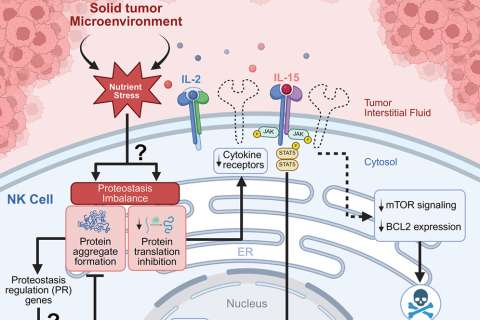Despite their reputation as illicit drugs, psychedelics may find new, legitimate roles in treatment for anxiety, depression, stress disorders, addiction, and other mental and behavioral health problems. But ensuring they do requires developing rigorous, standardized methods to study and apply the results, according to a new report.
In a perspective published in Frontiers in Psychiatry, researchers from UCLA Health and Harvard Medical School coin the term “behavioral psychedelics” – “the study of psychedelics to foster intentional changes in habits and behaviors to improve health and resilience.”
“Changing human behavior may sound simple but is exceedingly difficult, especially for behaviors that arise from years of thinking and acting in relatively rigid, routinized ways,” write the authors, George Slavich, PhD, professor of psychiatry and behavioral sciences at UCLA and research scientist at the UCLA Semel Institute for Neuroscience and Human Behavior, and Edmund Neuhaus, PhD, assistant professor of psychology at Harvard. “One emerging strategy for accomplishing behavior change involves using psychedelic compounds to make the mind more malleable and open.”
According to the authors, “psychedelics-assisted psychotherapy” may provide many health benefits and even cost savings, but the current therapeutic approach is poorly targeted.
“Looking forward, we believe that further refinement is needed to operationalize and test [the] components to establish a best-practice standard of care for treating psychiatric, addiction, somatic, and behavioral health problems,” they said.
The authors say their behavioral psychedelics concept is intended to develop “targeted approaches for therapeutic change that help people achieve enduring functional improvements in self-care, social connection, and family, school, and community responsibilities to help them live the life they desire.”
“Psychedelic compounds have the potential to turbocharge the process of transforming the mind, and the race to realize their benefits is in full swing. To maximize these benefits, we believe this work should include behavior as a treatment target with measurable treatment metrics to establish best practices and guidelines,” Slavich and Neuhaus write.
Article: Behavioral Psychedelics: Integrating Mind and Behavior to Improve Health and Resilience; Front. Psychiatry, 14 March 2022 DOI 10.3389/fpsyt.2022.821208.
Neuhaus is an employee of atai Life Sciences. Slavich was supported by grant #OPR21101 from the California Initiative to Advance Precision Medicine and by contract #21-10317 from the Office of the California Surgeon General and California Department of Health Services, which supports the UCLA-UCSF ACEs Aware Family Resilience Network.



